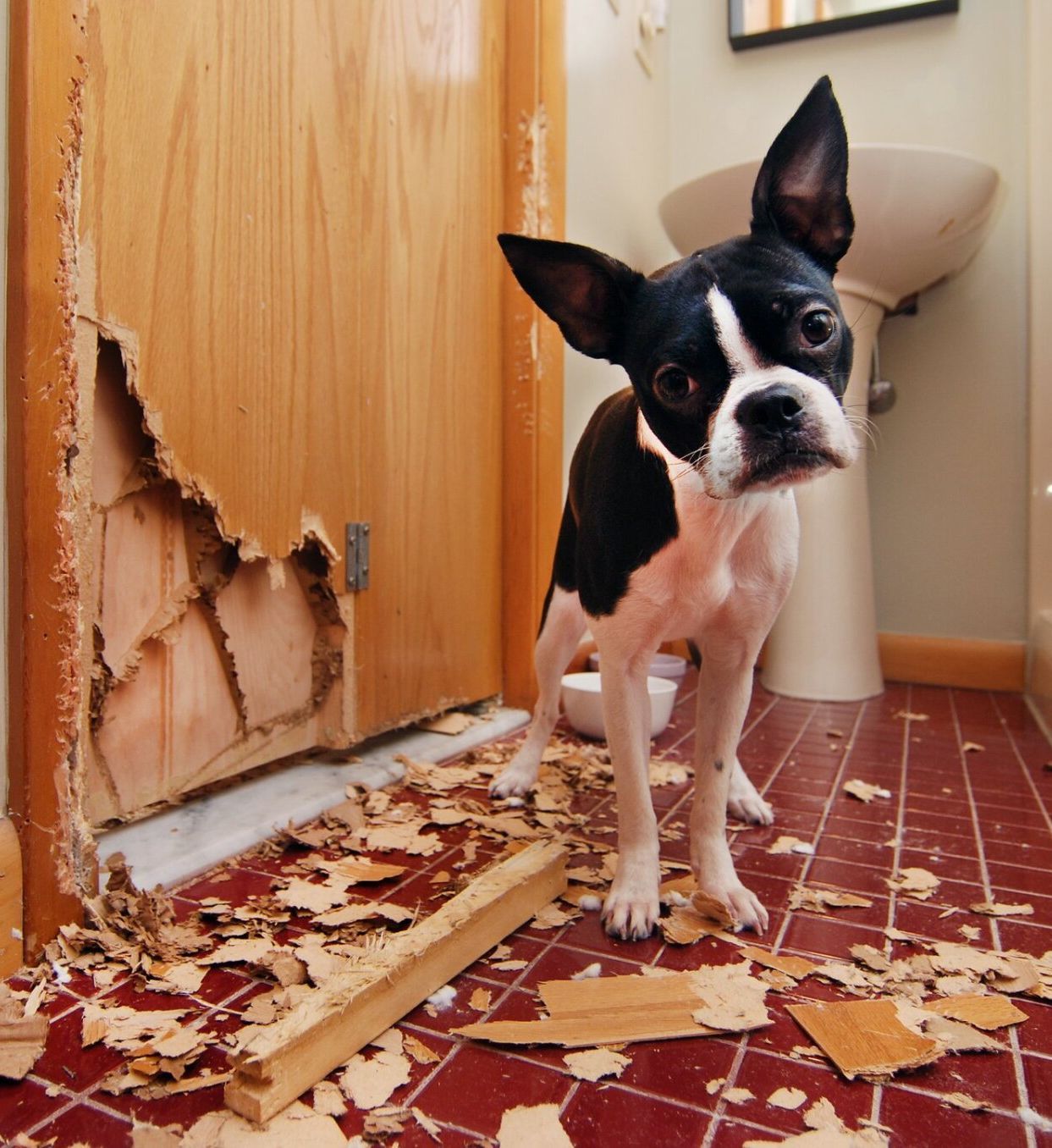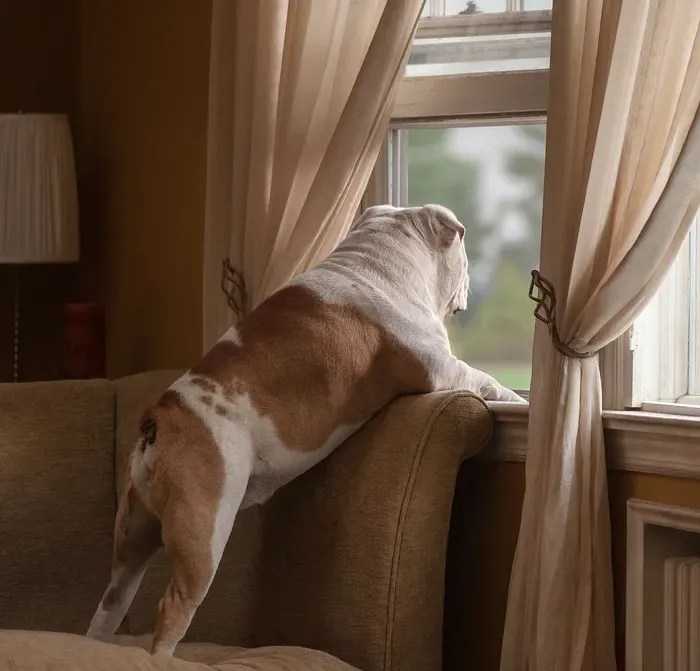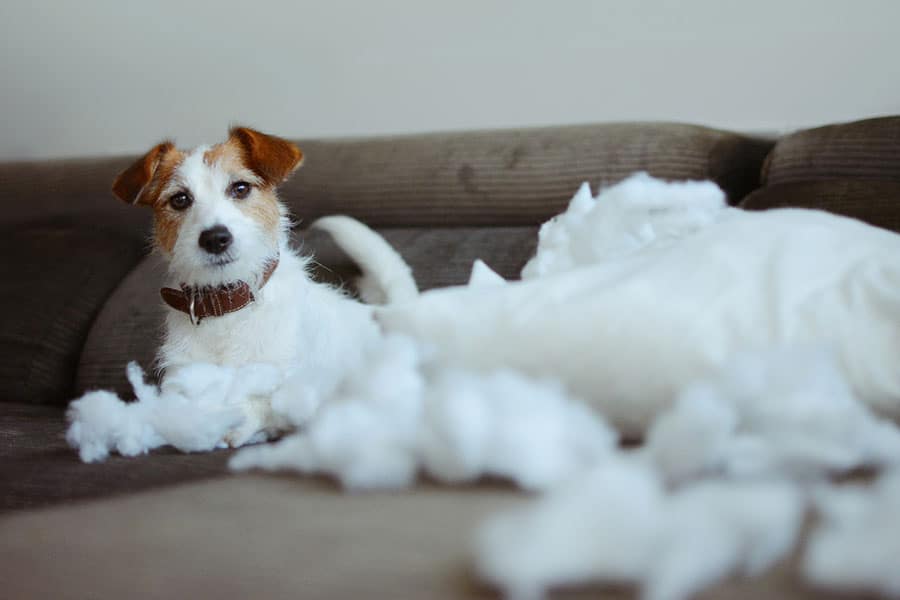Separation Anxiety Dog Training Corpus Christi

But if your pet has a massive reaction when you leave, they may need more vigorous help. You'll either need to gradually acclimate them to your absence, or get them in dog daycare as a more permanent solution. Desensitize them to things they associate with you leaving, such as putting your shoes on or picking up your keys but not leaving. Do this several times a day. As they react to these actions less and less, you can begin to leave after doing them for short periods of time. Slowly increase the amount of time you are gone. You know your dog, you'll know when they're ready; don't rush them. You can build up to longer and longer periods of being gone and they'll begin to realize that nothing bad happens when you leave and that you always inevitably return.
Make sure they get plenty of exercise every day. If your dog is tired they will have less pent up energy that can manifest as anxiety. It's important to challenge their mind and give them interactive puzzles. With the help of a professional trainer, even severe separation anxiety can be overcome and Elite-K9 is here to provide flexible training at your home, in your pet's personal environment.


